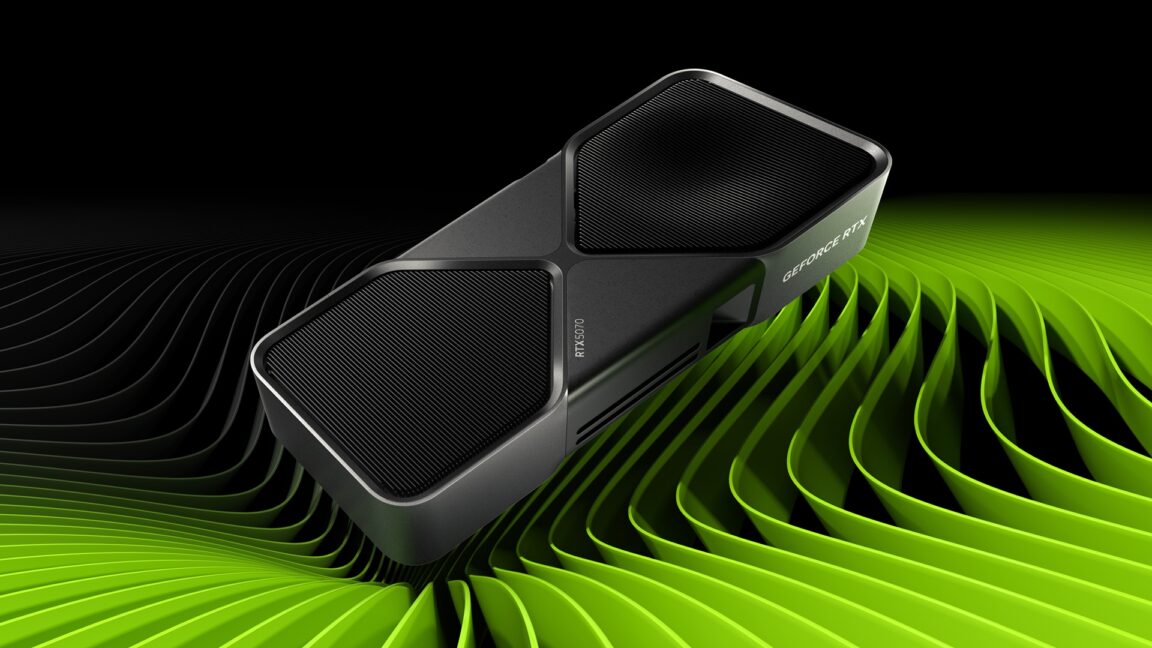The GeForce RTX 5090 and 5080 are both very fast graphics cards—if you can look past the possibility that we may have yet another power-connector-related overheating problem on our hands. But the vast majority of people (including you, discerning and tech-savvy Ars Technica reader) won’t be spending $1,000 or $2,000 (or $2,750 or whatever) on a new graphics card this generation.
No, statistically, you (like most people) will probably end up buying one of the more affordable midrange Nvidia or AMD cards, GPUs that are all slated to begin shipping later this month or early in March.
There has been a spate of announcements on that front this week. Nvidia announced yesterday that the GeForce RTX 5070 Ti, which the company previously introduced at CES, would be available starting on February 20 for $749 and up. The new GPU, like the RTX 5080, looks like a relatively modest upgrade from last year’s RTX 4070 Ti Super. But it ought to at least flirt with affordability for people who are looking to get natively rendered 4K without automatically needing to enable DLSS upscaling to get playable frame rates.
| RTX 5070 Ti | RTX 4070 Ti Super | RTX 5070 | RTX 4070 Super | |
|---|---|---|---|---|
| CUDA Cores | 8,960 | 8,448 | 6,144 | 7,168 |
| Boost Clock | 2,452 MHz | 2,610 MHz | 2,512 MHz | 2,475 MHz |
| Memory Bus Width | 256-bit | 256-bit | 192-bit | 192-bit |
| Memory Bandwidth | 896 GB/s | 672 GB/s | 672 GB/s | 504 GB/s |
| Memory size | 16GB GDDR7 | 16GB GDDR6X | 12GB GDDR7 | 12GB GDDR6X |
| TGP | 300 W | 285 W | 250 W | 220 W |
That said, if the launches of the 5090 and 5080 are anything to go by, it may not be easy to find and buy the RTX 5070 Ti for anything close to the listed retail price; early retail listings are not promising on this front. You’ll also be relying exclusively on Nvidia’s partners to deliver unadorned, relatively minimalist MSRP versions of the cards since Nvidia isn’t making a Founders Edition version.
As for the $549 RTX 5070, Nvidia’s website says it’s launching on March 5. But it’s less exciting than the other 50-series cards because it has fewer CUDA cores than the outgoing RTX 4070 Super, leaving it even more reliant on AI-generated frames to improve performance compared to the last generation.

